ESCAPE
Life of cycle: The working bikes of India
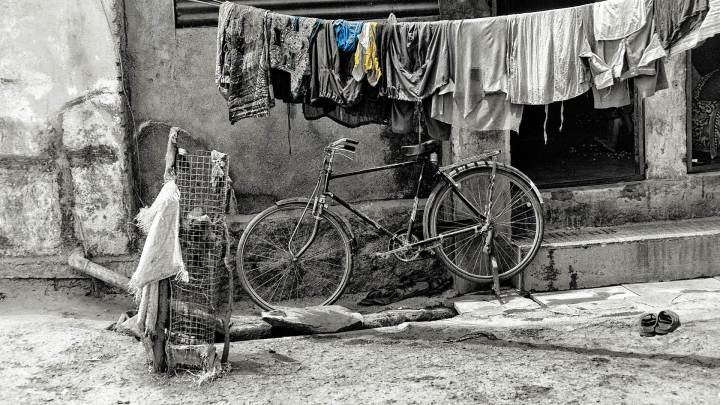
When visiting a new country you notice the big things – iconic buildings, unusual customs, strange terrain, interesting-looking people, unusual food. I landed in Bombay and noticed bicycles.
All images by Don Pinnock
In India bicycles look more like industrial machinery than something you’d hop onto for the pleasure of pedaling. They’re mostly black, heavy framed with chromed, mechanical brakes and no gears. Their saddles remind you of a tractor and they’re very often rusted by Monsoon humidity. And they’re everywhere.
My plan was to travel from Bombay (nobody there calls it Mumbai) to Goa, then circle through Kolhapur, Arungabad, Chandrapur and Nashik in central Maharashtra province and back to Bombay – by train. There are many extraordinary things on that route to keep a traveller gawping, but I became fascinated by bicycles.
The obsession – I guess it was an obsession – began outside Churchgate Station in Colaba, Bombay’s genteel neo-Gothic central district.
Around noon each day except Sunday, hundreds of men in white tunics and Nehru caps descend on the station with their yesteryear bicycles and begin offloading bags and tins called dabbas from the trains.
These are the lunchbox men, known as dabbawallas, who transport around 200,000 identical containers from mothers or wives to the right man, woman or child in the central city on an economy measured in cents.
Bombay is one of the world’s largest cities. Although its official population estimate is 19 million, that number is reckoned at nearer 30 million – most people living in uncountable slums.
It’s noisy, busy and with traffic that can give an outsider a nervous breakdown within five minutes. Which is where the dabbawallas come in – bicycles ignore traffic jams.
The lunch business was started by an Indian entrepreneur, Mahadeo Havaji Bacche, back in 1890 to meet the culinary needs of Bombay’s rapidly expanding working population, both British and Indian.
Despite the advent of fast food joints, Bombay’s conservative middle classes remain sceptical of what’s described as ‘outside’ food. They prefer their chapatis cooked at home, preferably by mum.
As I watched outside Churchgate Station, tins and bags were looped over handlebars or hooked to the carriers of period bicycles until riding them seemed an impossibility. But, one by one, the white-capped wallas mounted their bikes and wobbled out into the crazy traffic that consisted mainly of hooting black-and-yellow Fiat taxis. Within minutes they’d all disappeared.
The deeper I travelled into India’s hinterland beyond the coast, the more pervasive the bike culture became. Very few were locked and those that were had clearly been abandoned and were rusting forlornly into pavements.
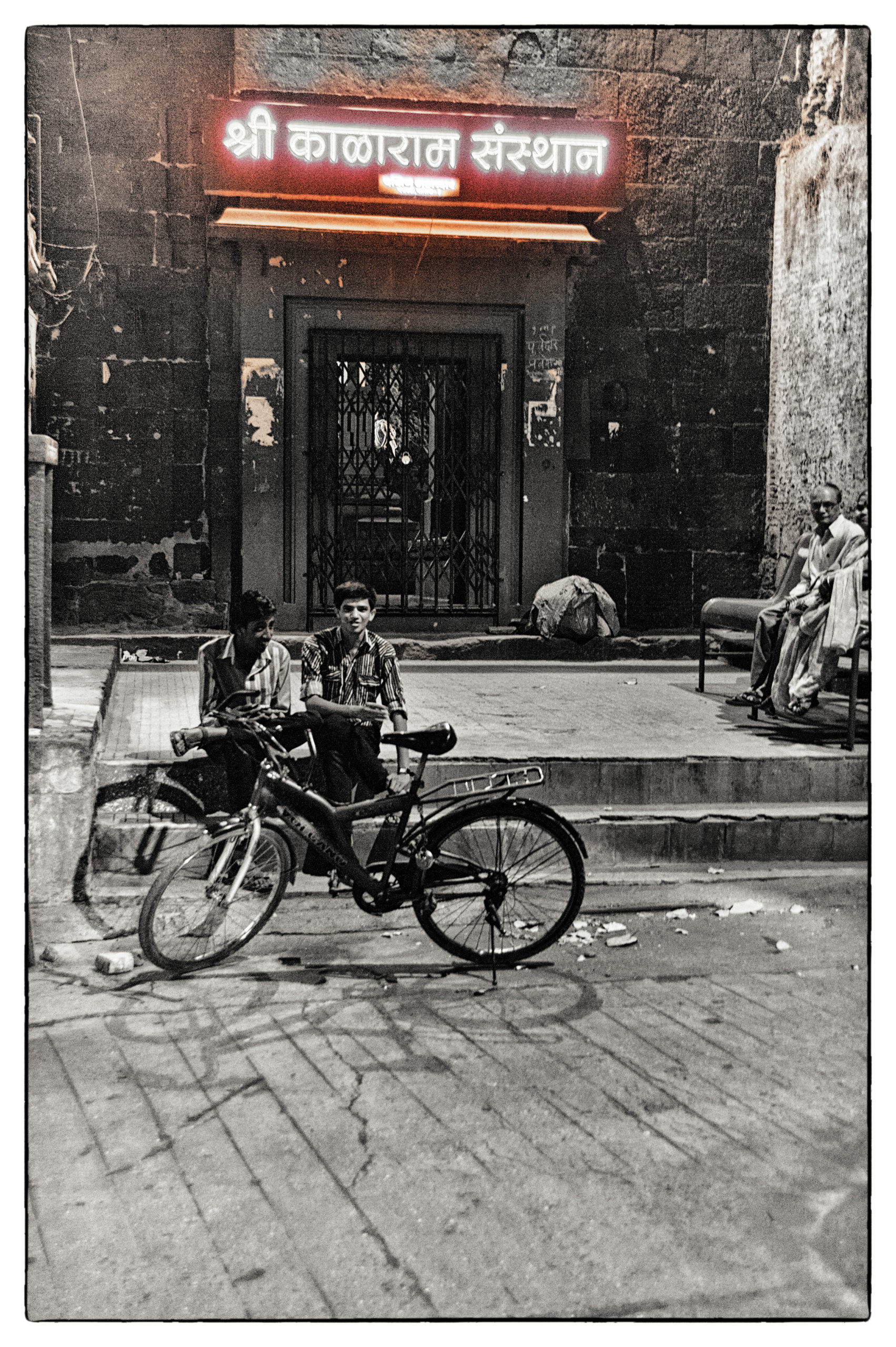
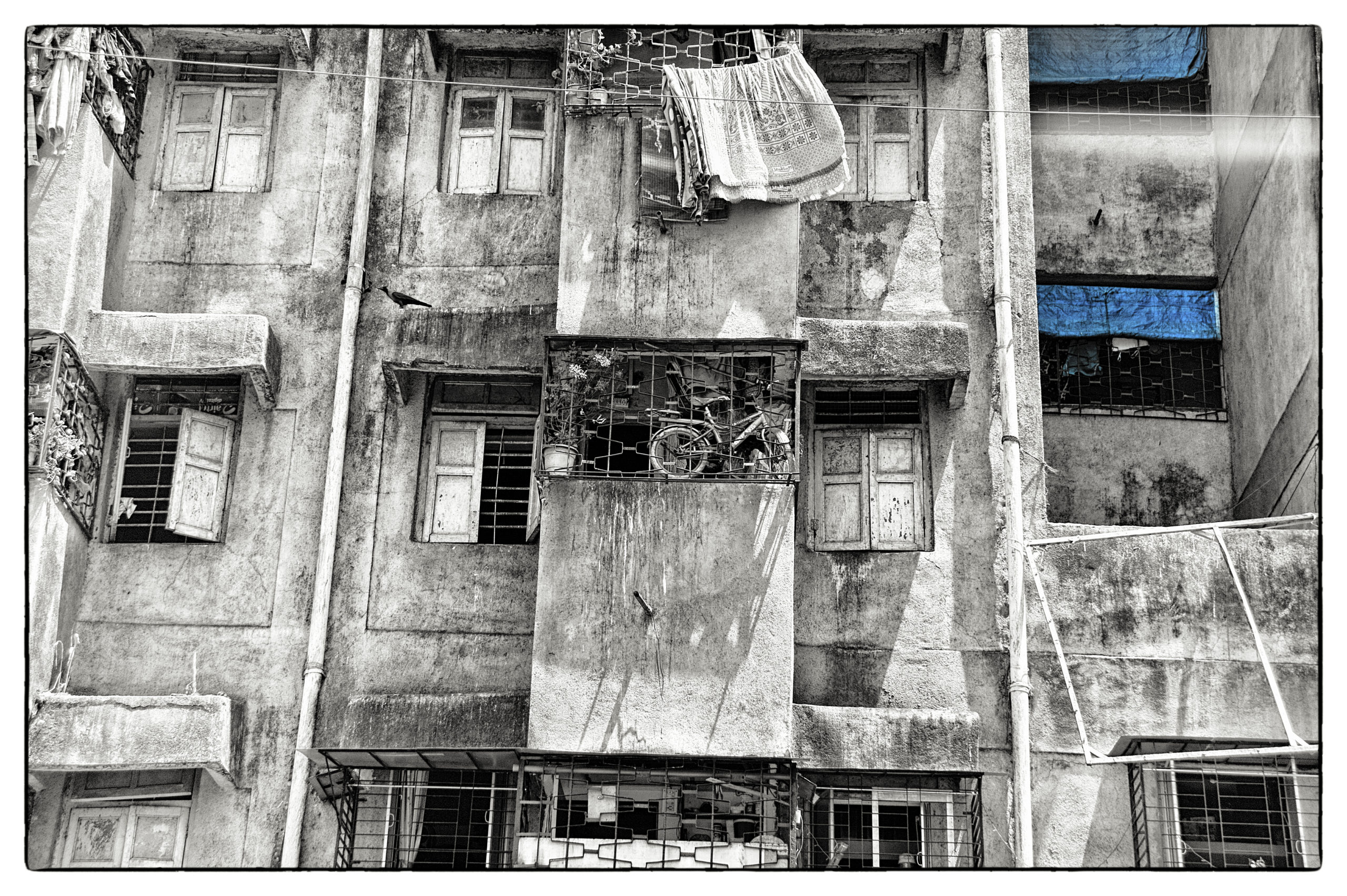
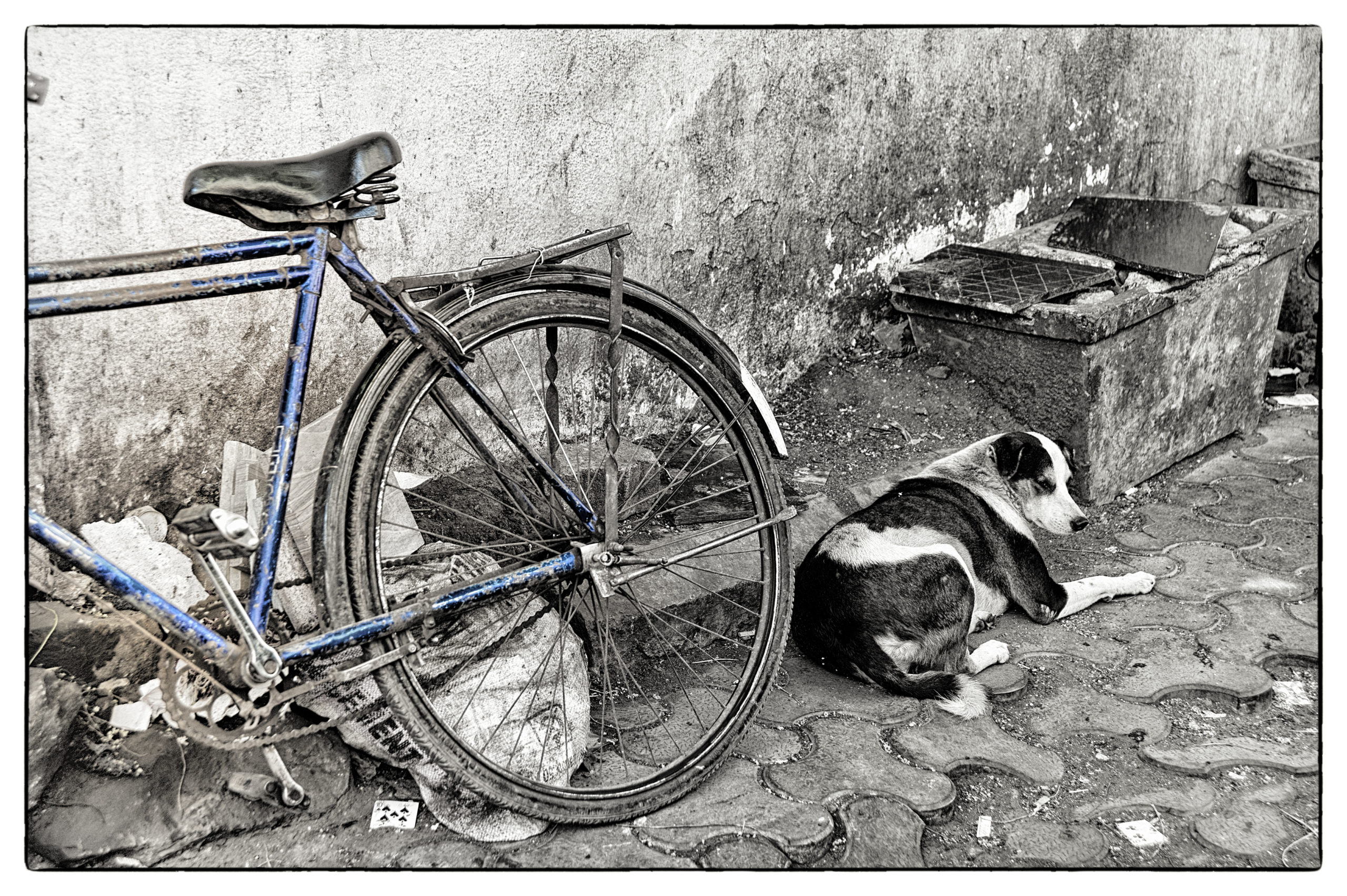
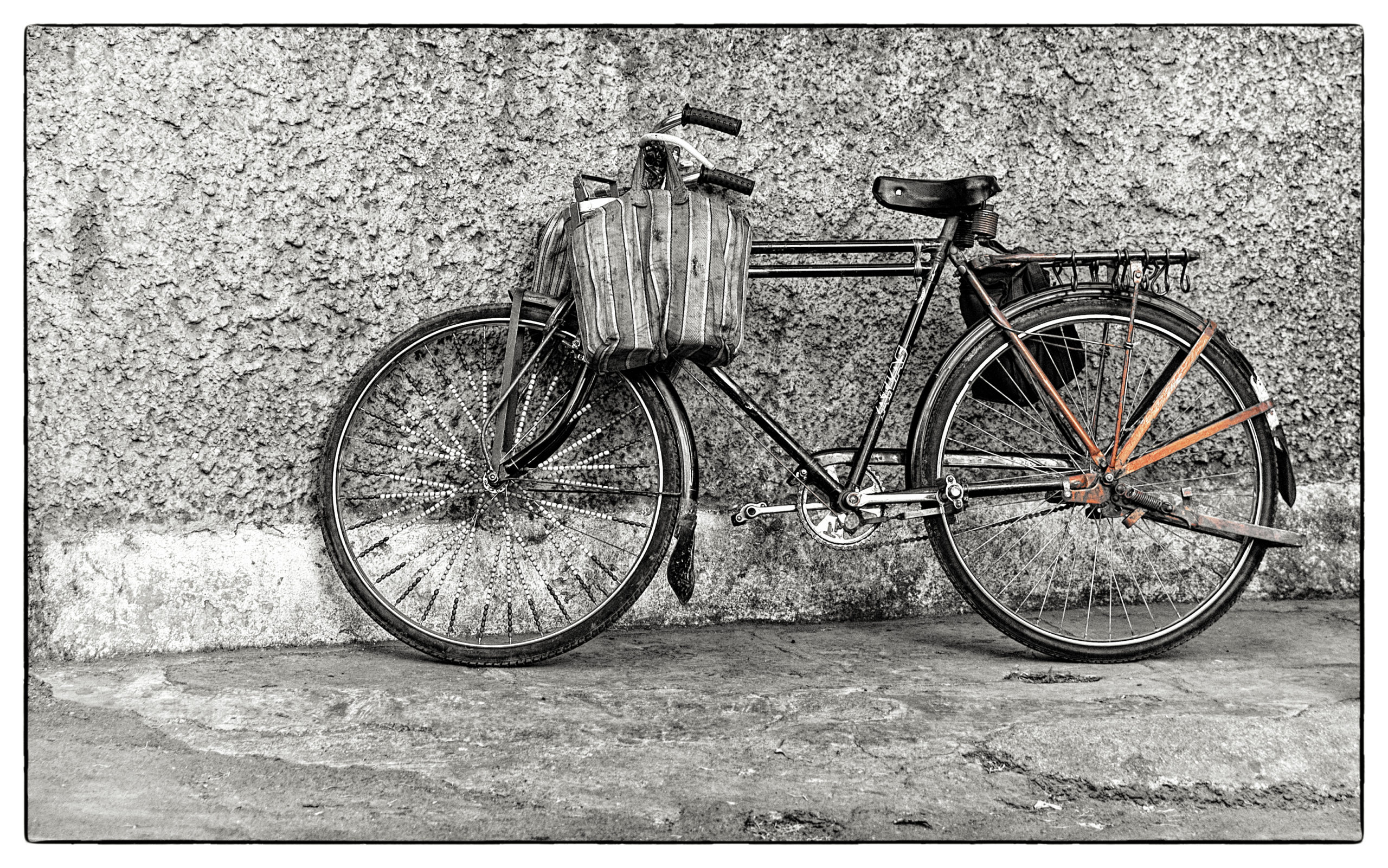
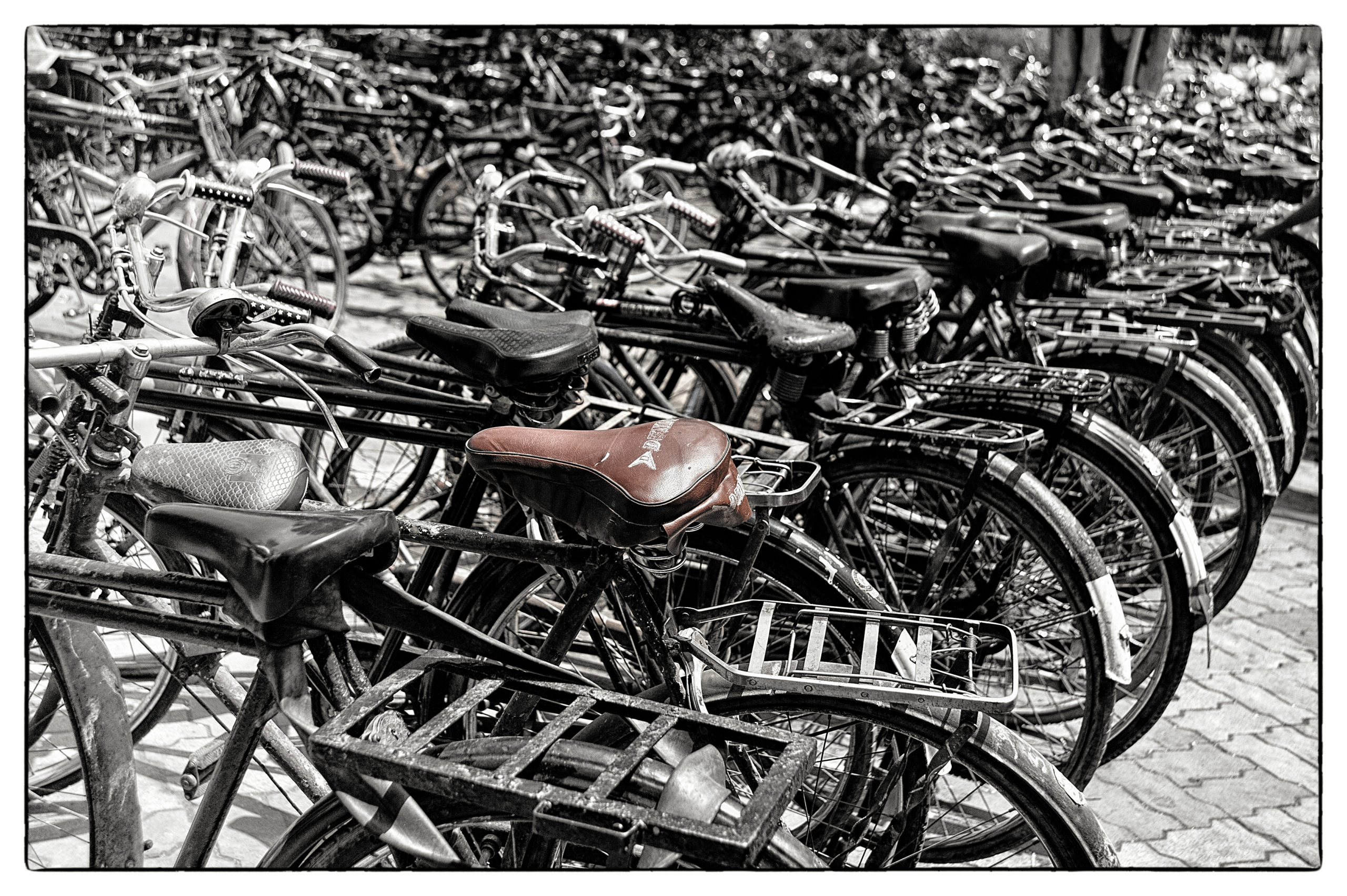
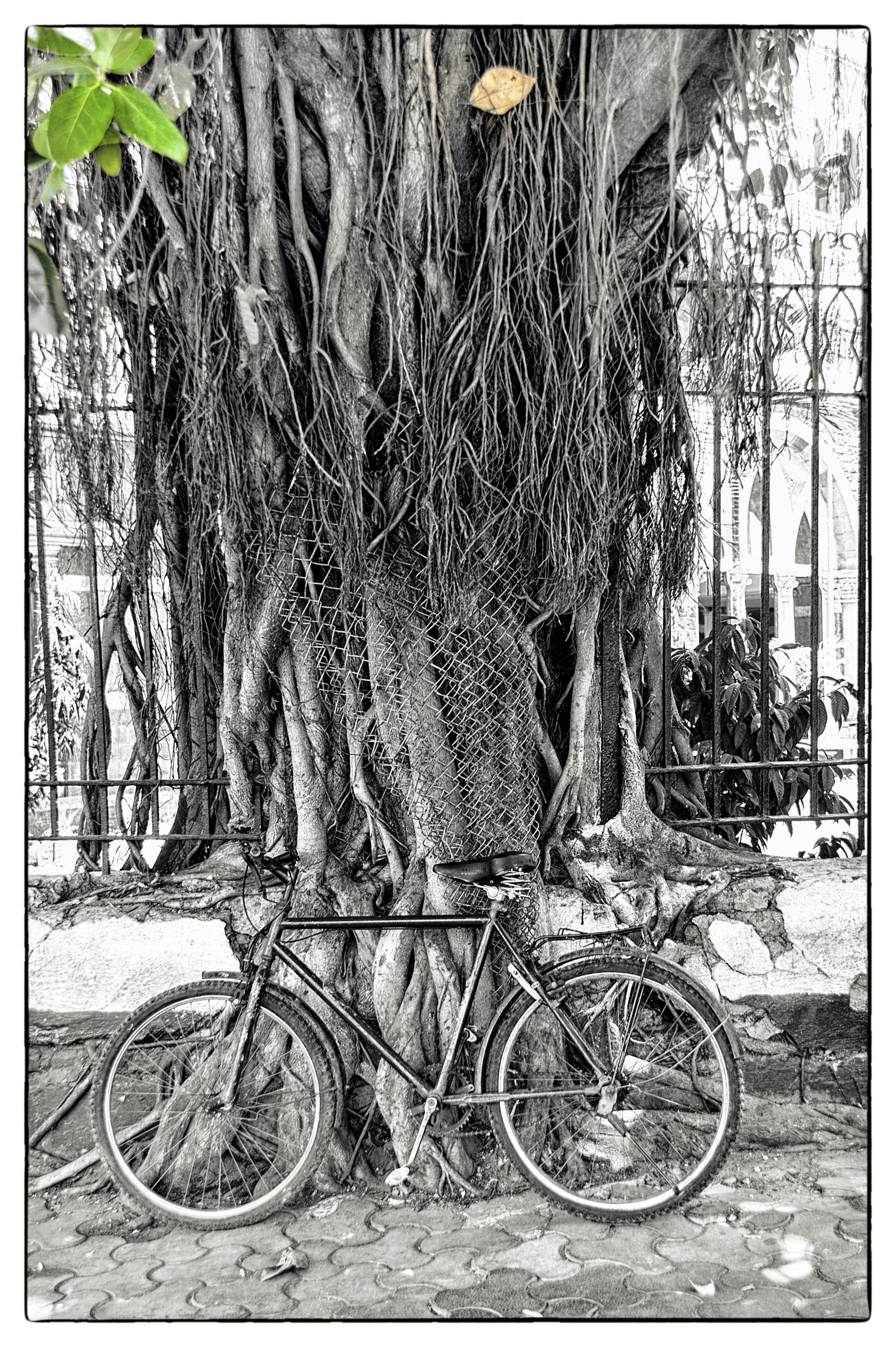
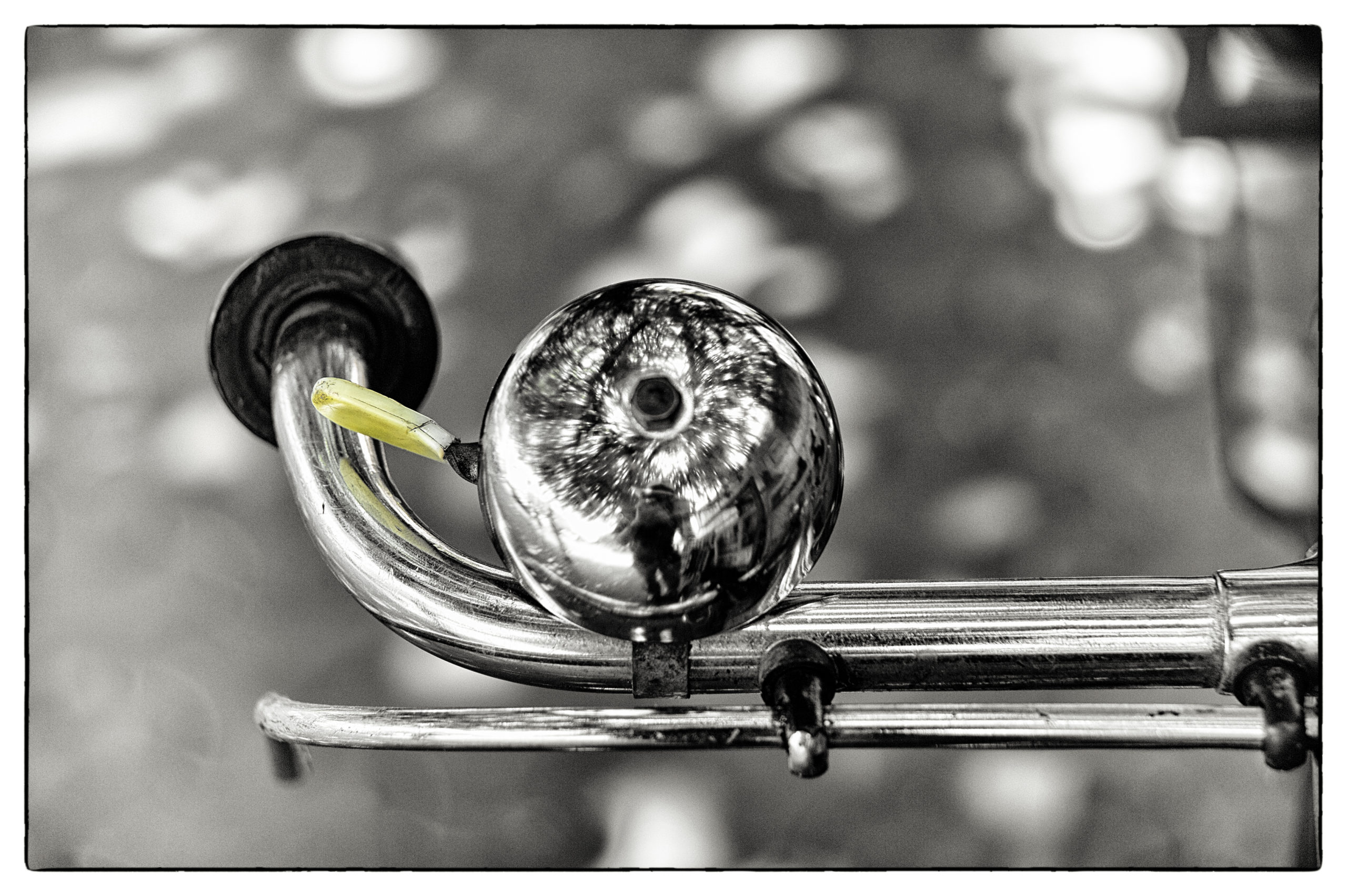
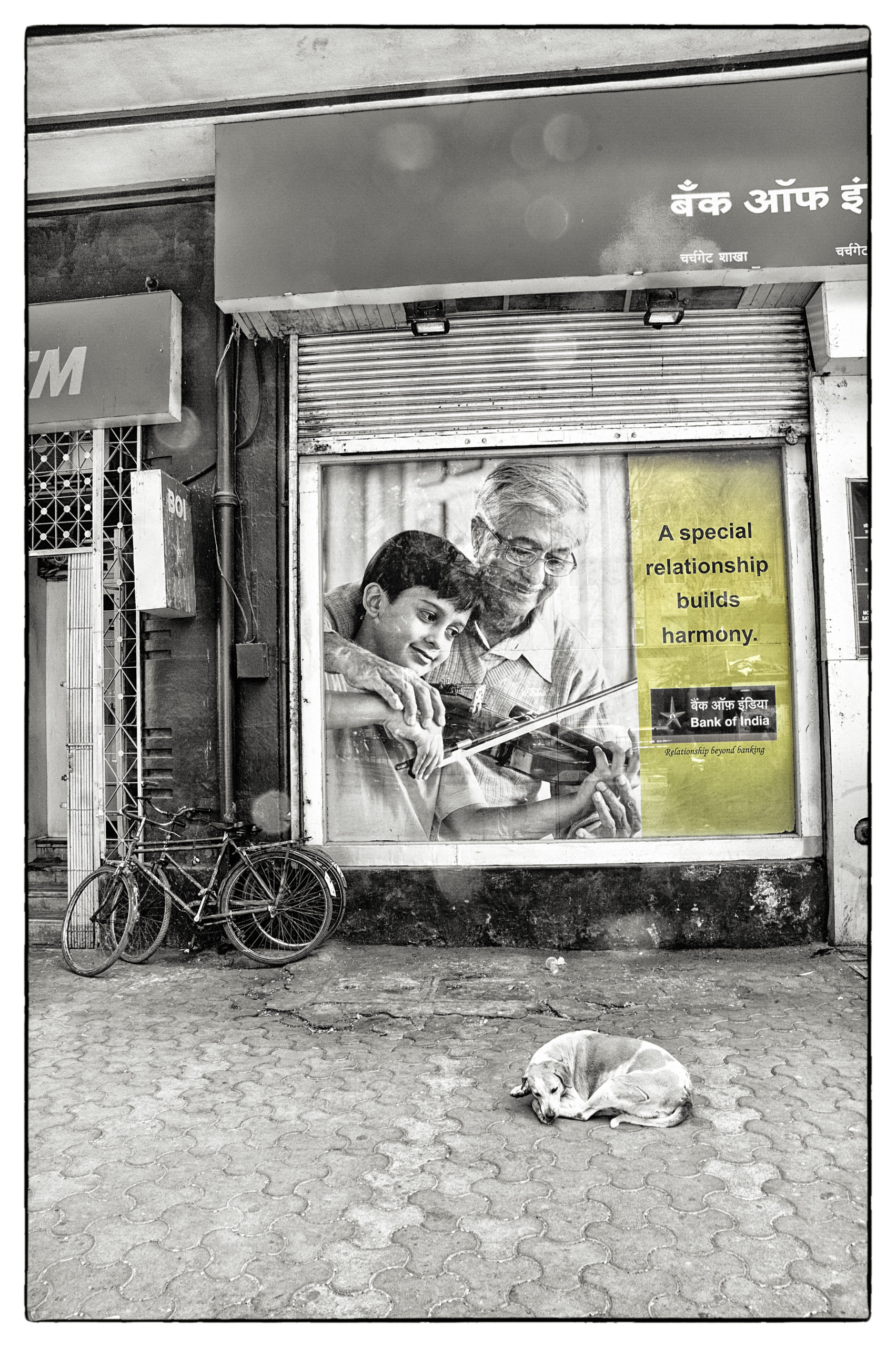
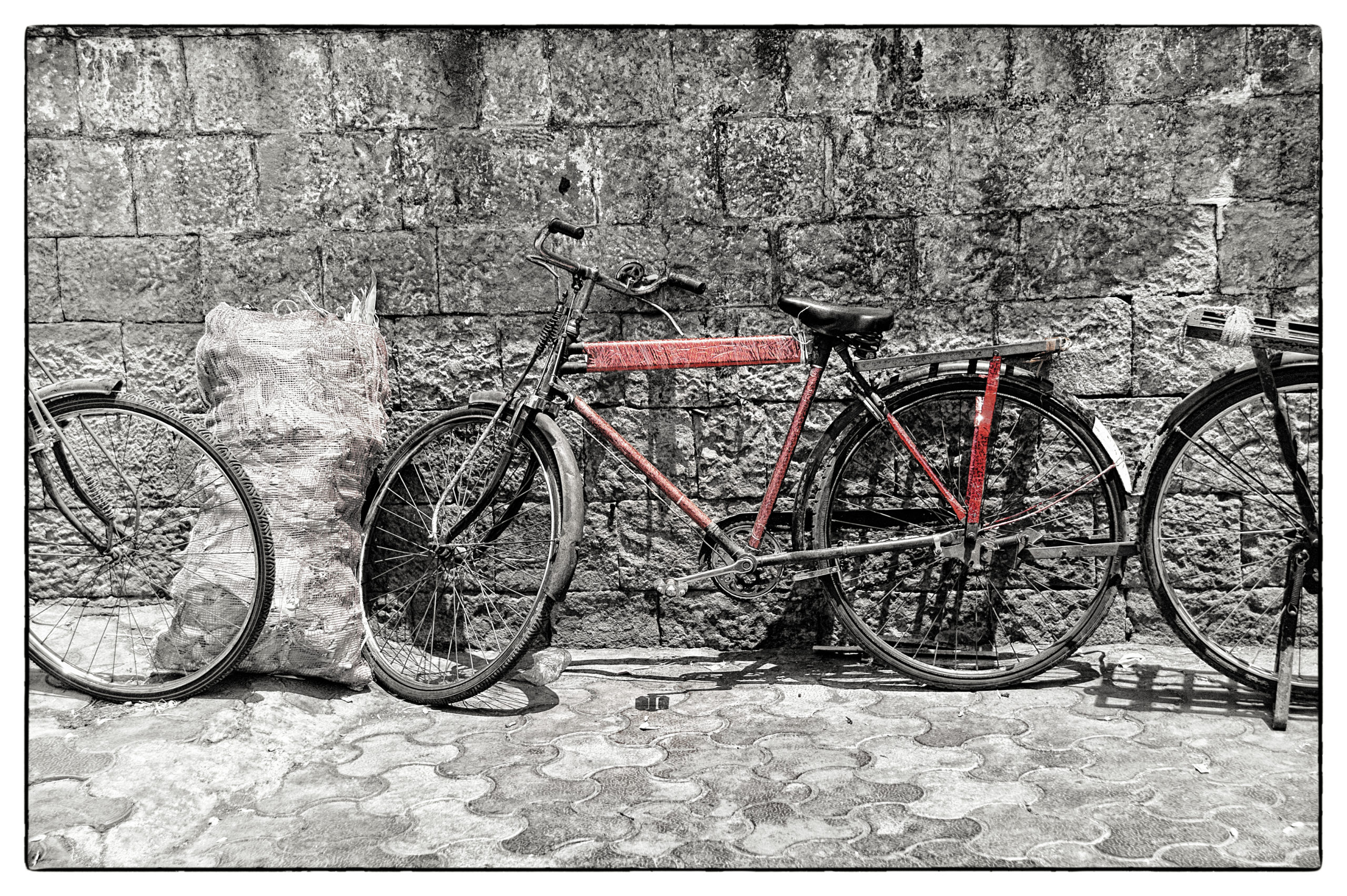
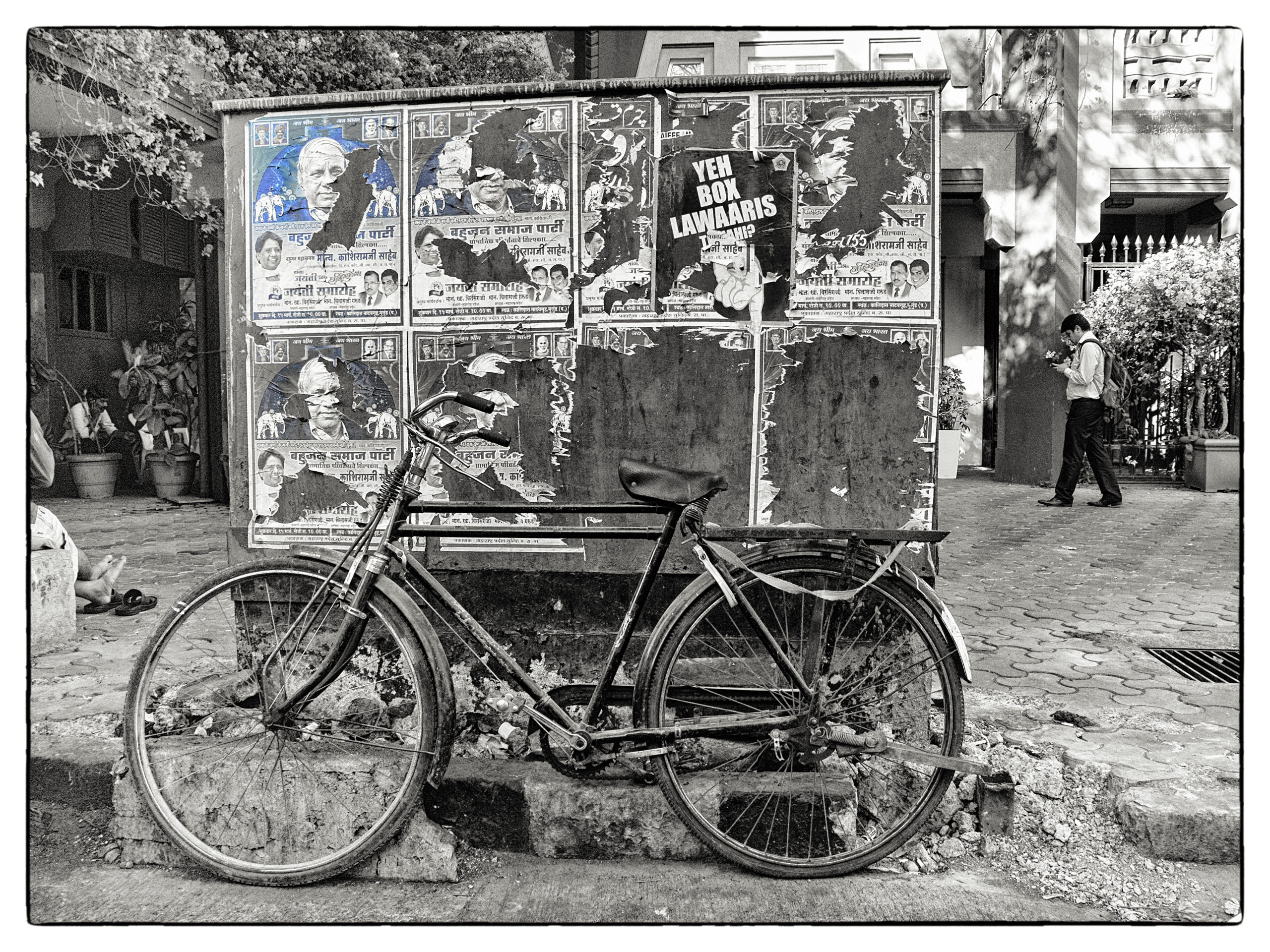
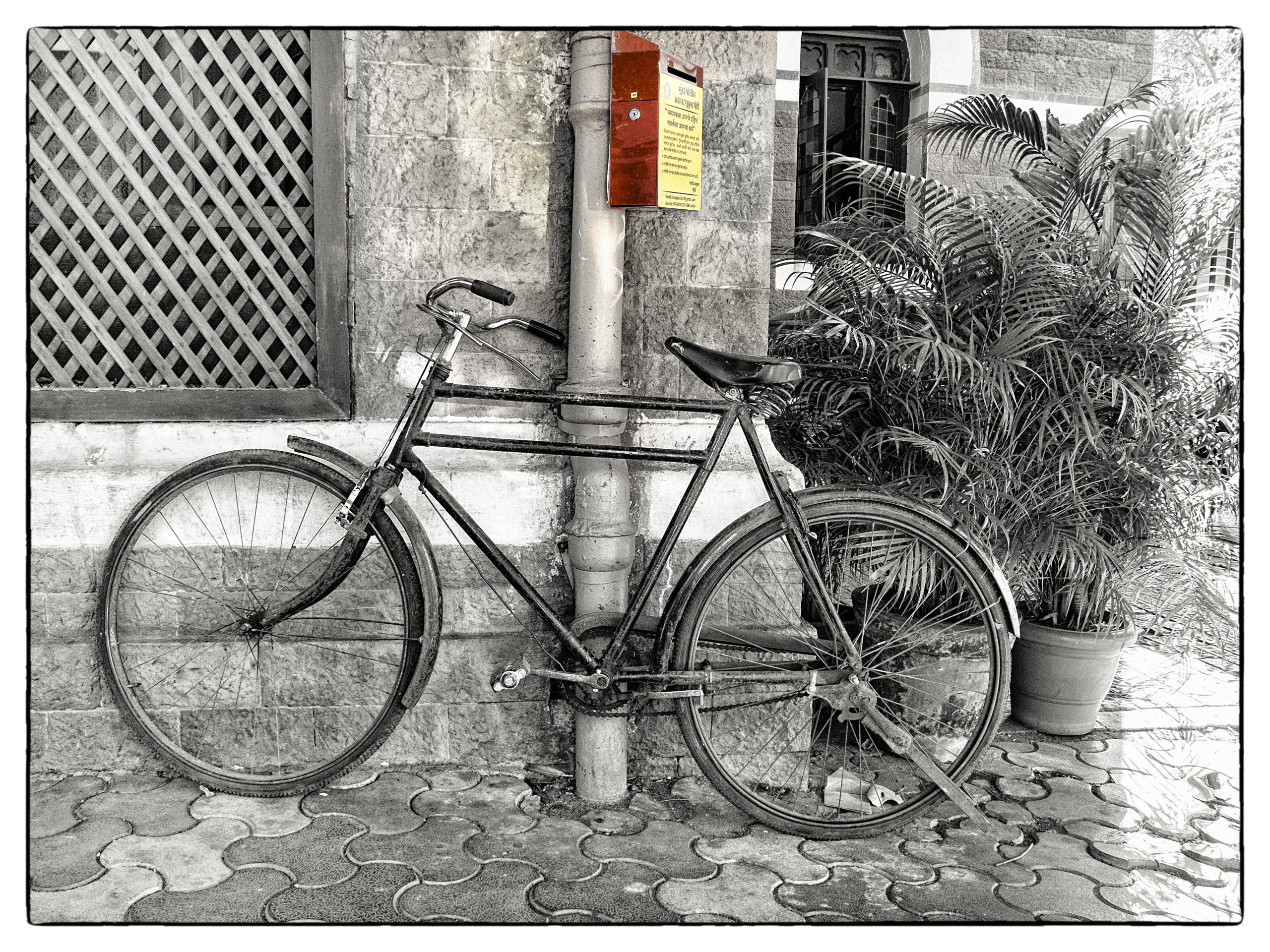
Some of the brands were familiar British names from my childhood: Hercules, Rudge, BSA. New to me were Oster, Chabara and – more than all the rest – Atlas.
A bit of digging led me to Shri Janki Das Kapur, a dreamer who loved cycles and started making his own brand in a shed in a town named Sonepat back in the 1960s. Within five years he’d transformed his works – named Atlas Cycle Industries – into the largest cycle manufacturer in India.
What the country wanted, he realised, were sturdy, no-nonsense bikes with simple components, no tricky gears, chain guards to protect baggy clothes, a stand, generous mudguards and comfortable saddles. And of course a bell.
India is, by its nature, low-tech and most people are poor, but they need to move. And move they do, in millions, on bicycles even my grandpa would consider old fashioned.
So whereas most people come back with photos of the Taj Mahal, Hindu temples, the Ajanta caves, the Himalayas, teeming crowds and sacred cows, my camera just couldn’t stop discovering bicycles.
Here’s a sample from over a thousand shots of India’s answer to the most efficient transportation machine ever invented. DM/ML

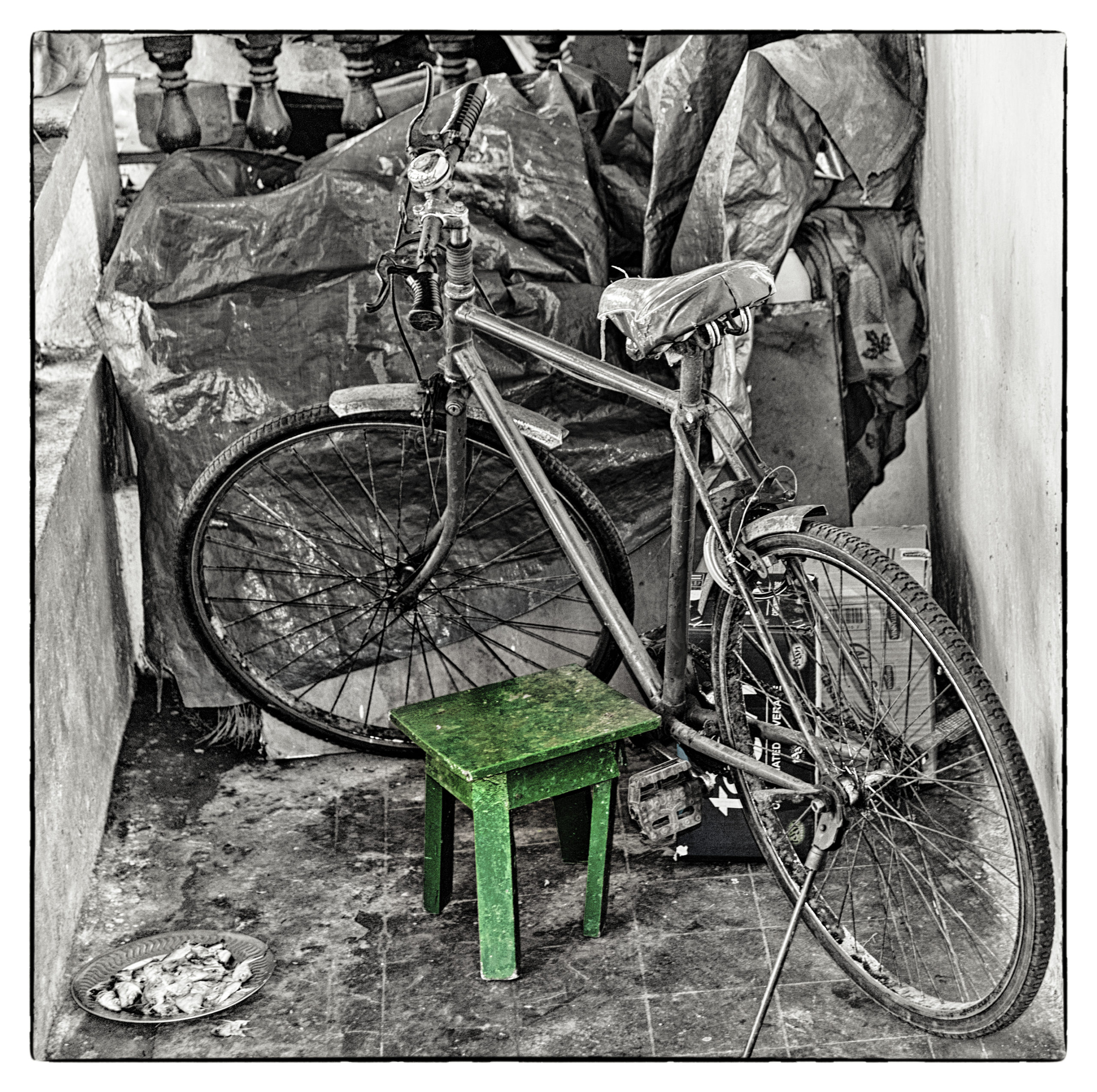

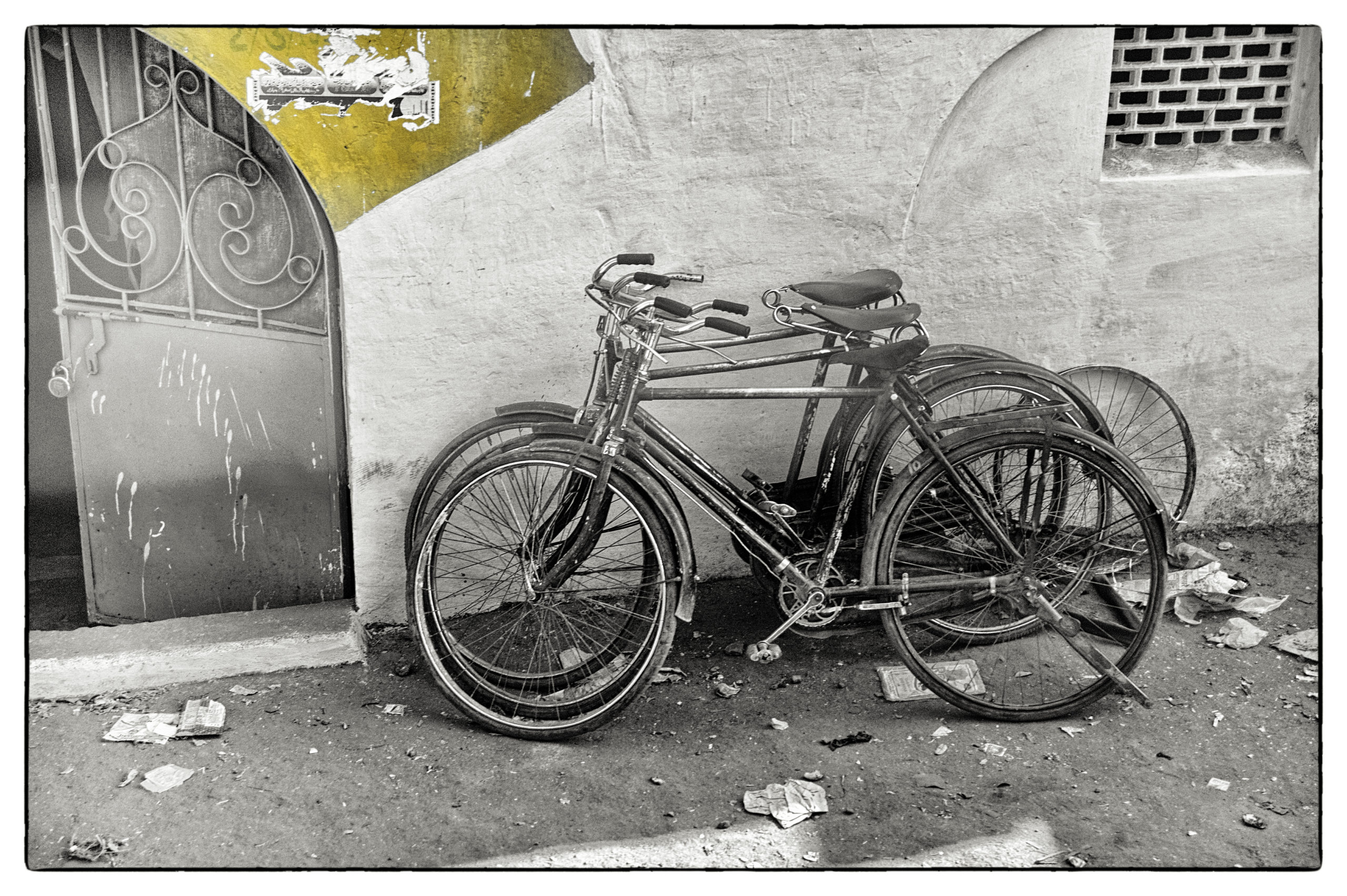
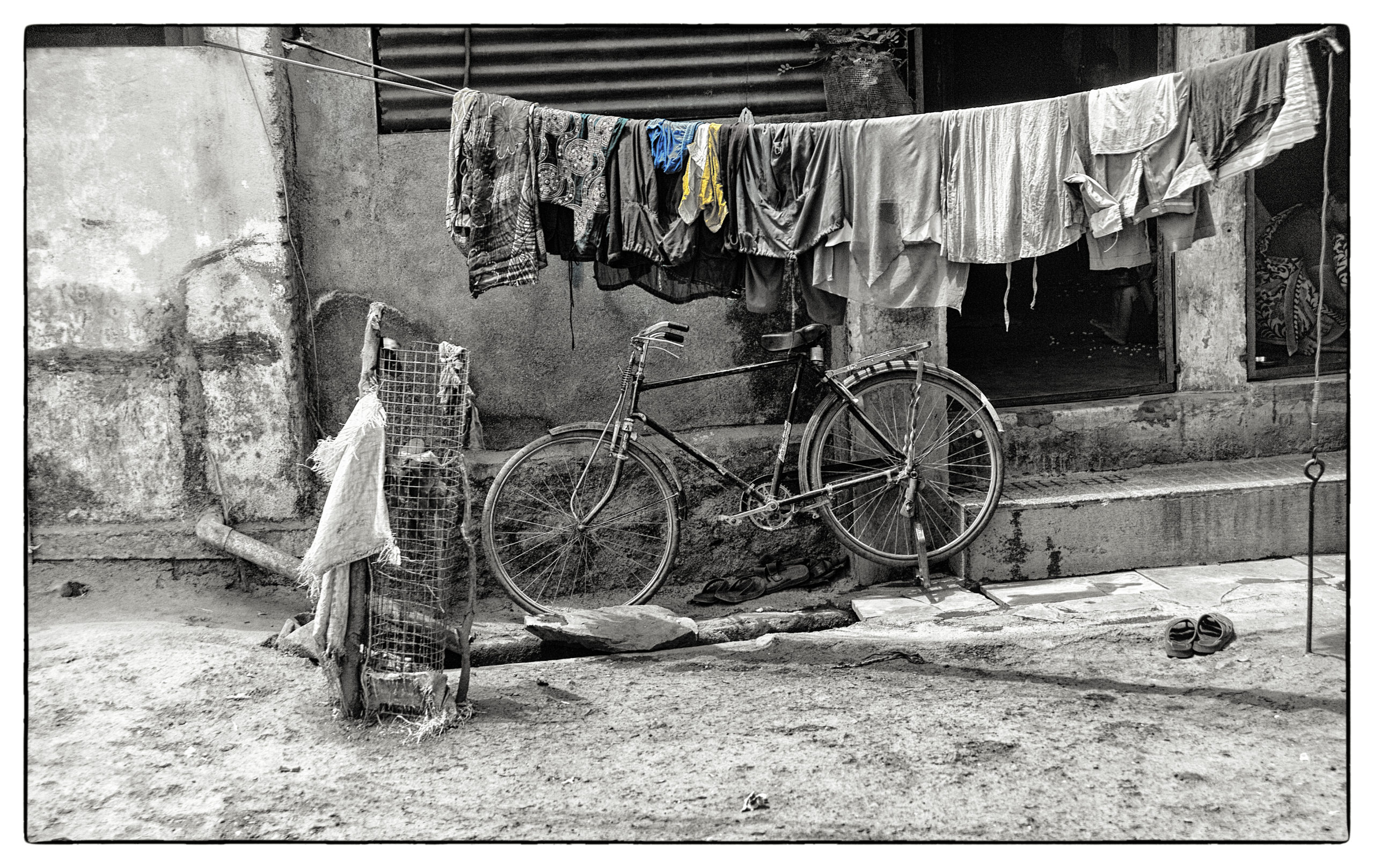

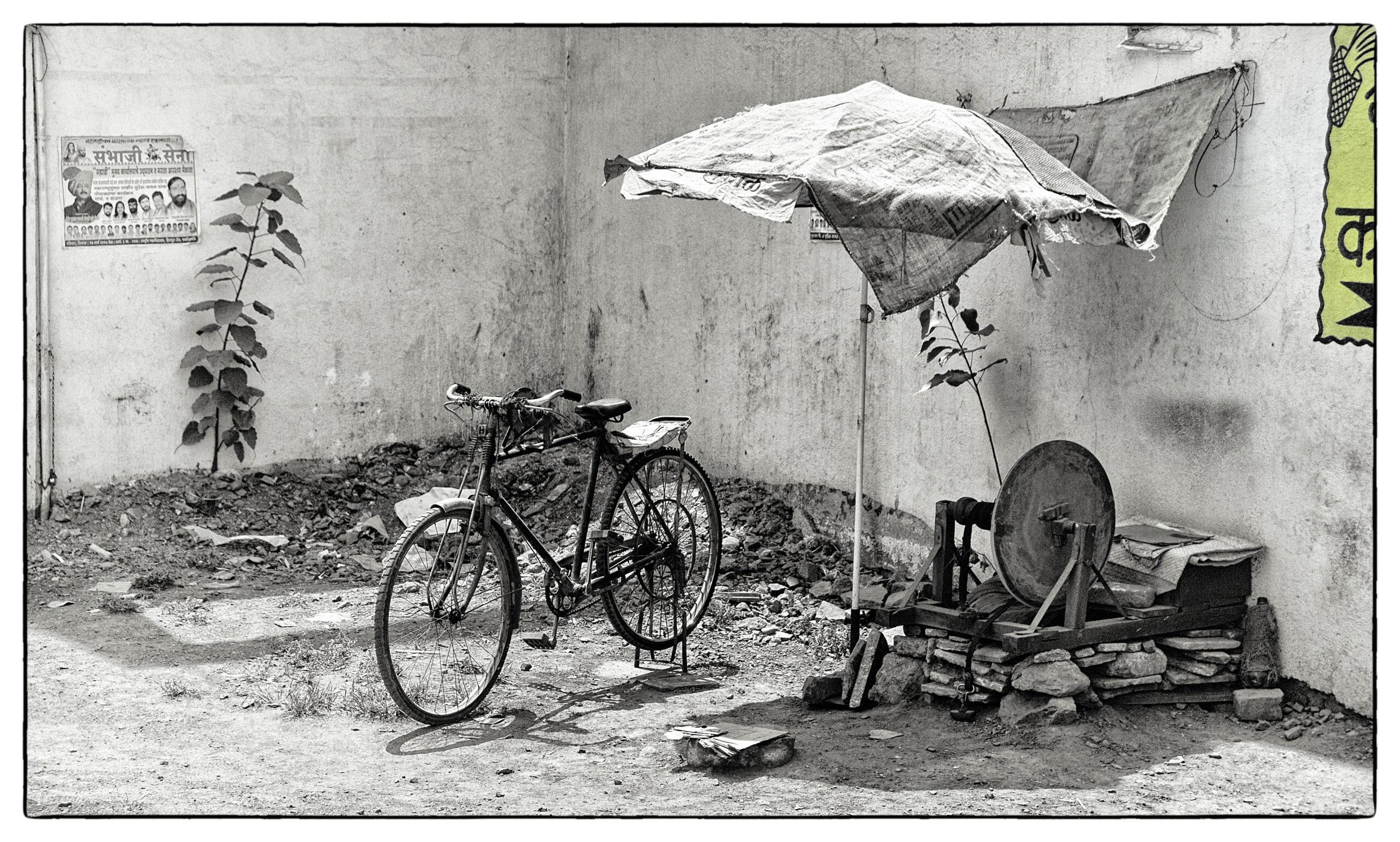
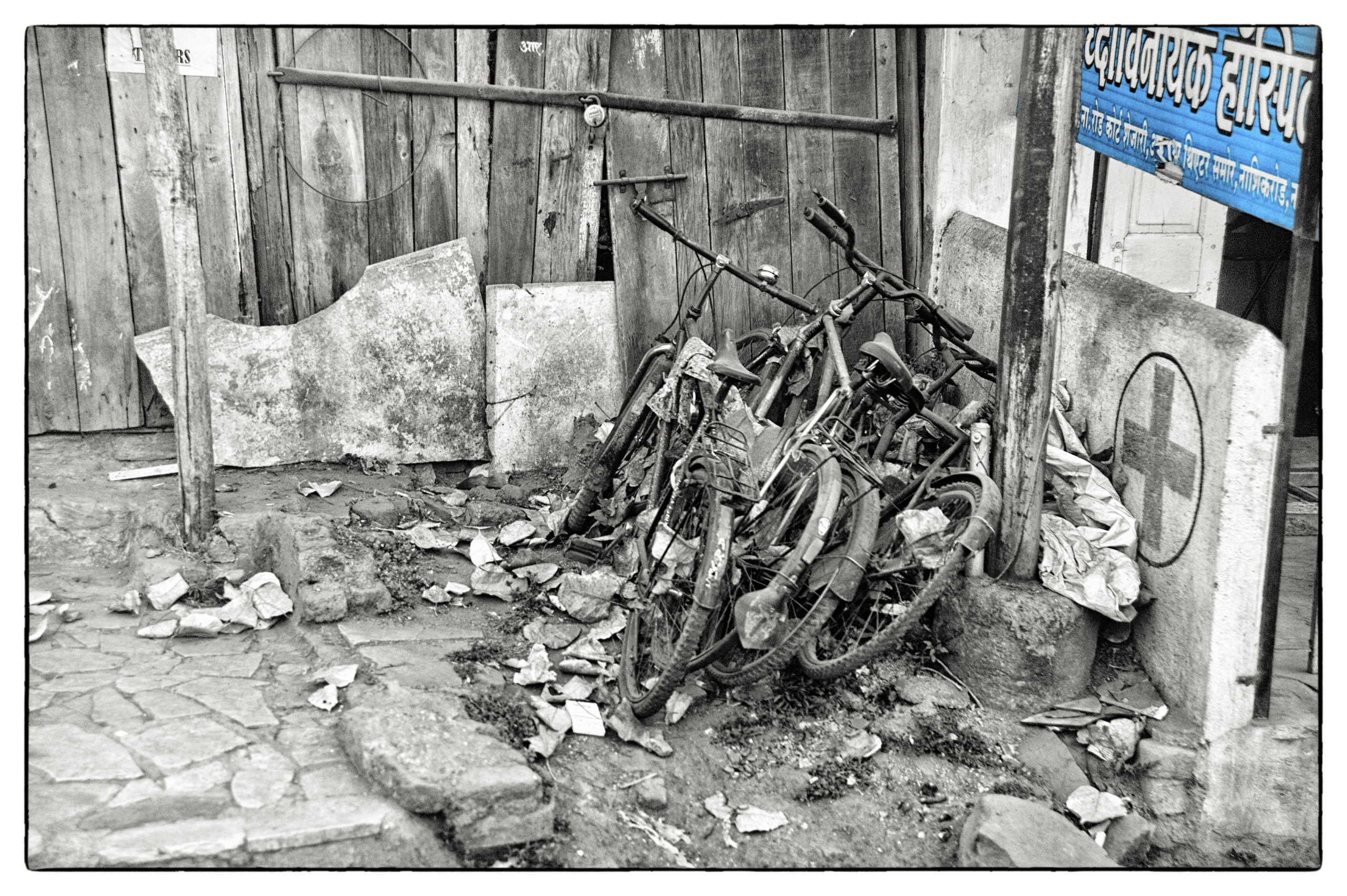
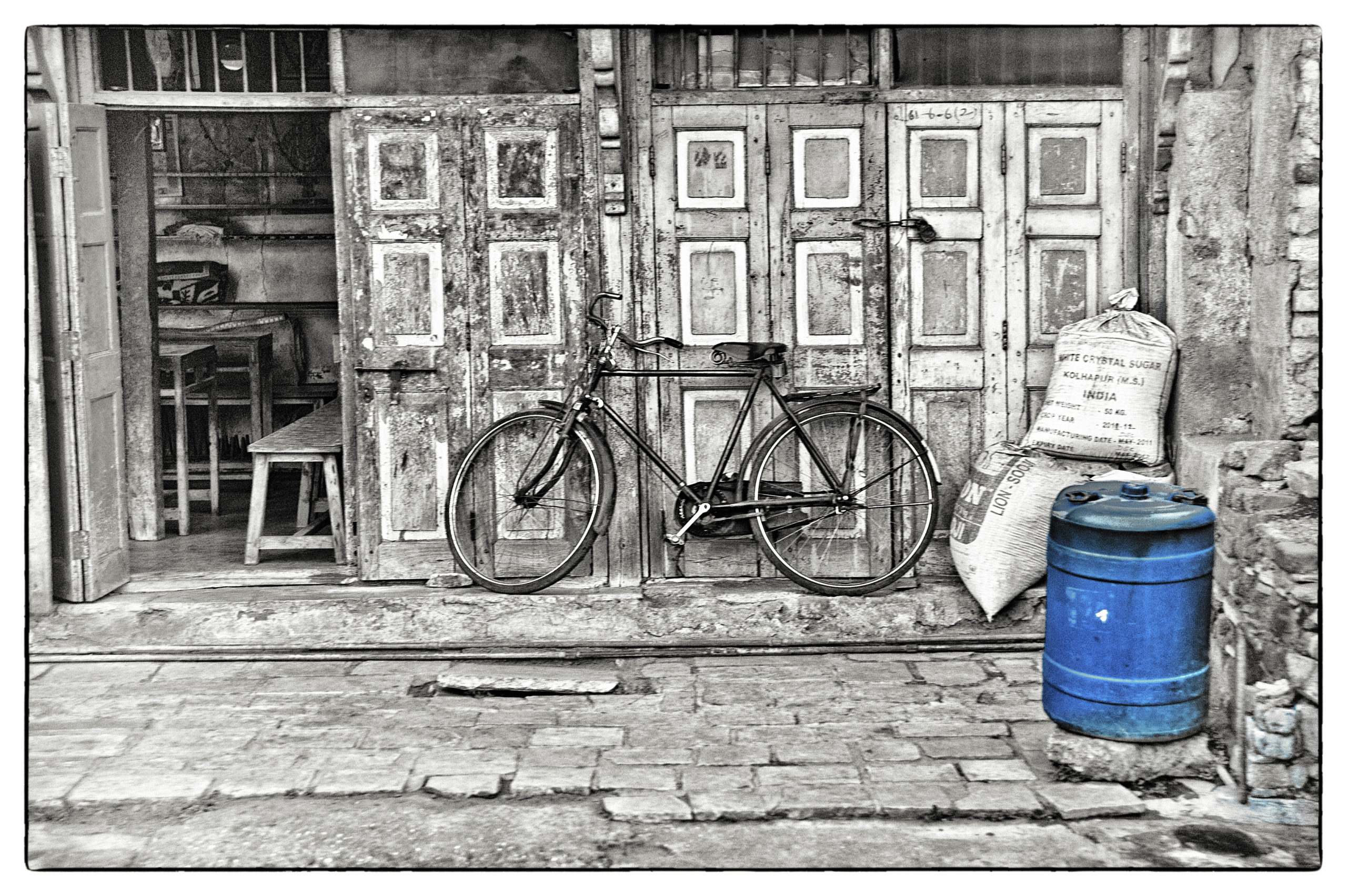
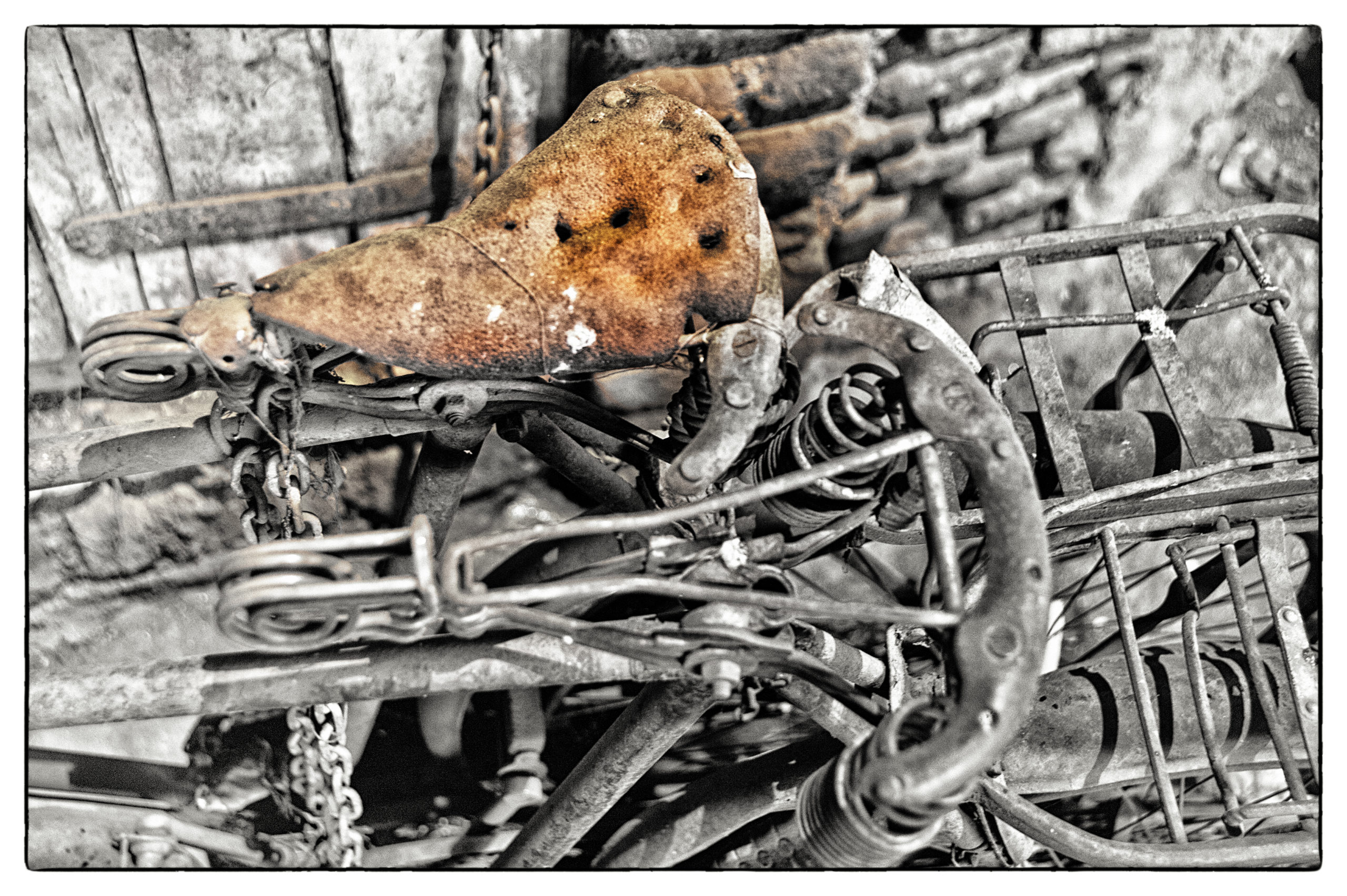

















 Become an Insider
Become an Insider
Comments - Please login in order to comment.